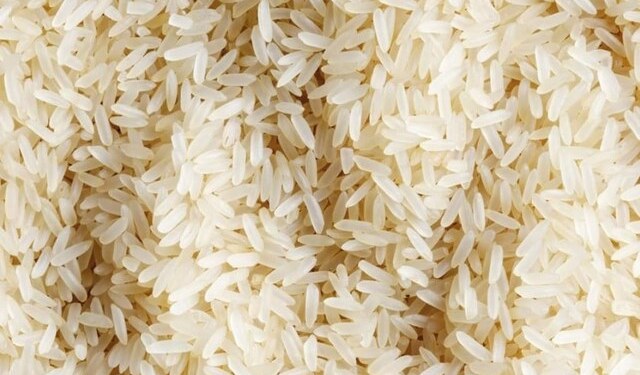PARIS: Benchmark European wheat futures ticked higher on Friday as a weaker euro and chart support encouraged the market to consolidate after a four-day drop linked to high global supply.
Volumes were again thin, with year-end meetings of grain cooperatives in France keeping some market participants away from their desks, while grain markets were generally looking ahead to US government crop forecasts due next Tuesday.
March milling wheat, the most active contract on Paris-based Euronext, was up 0.25 euro at 161.00 euros ($189.40) a tonne by 1658 GMT.
The contract was recovering from a one-week low of 160.25 euros touched on Thursday, helped by a chart support zone going down to last week’s life-of-contract low of 158.50 euros.
“There is a slight bounce with the weaker euro but there’s no real reason for Matif (Euronext) to rebound more than that given that there are no serious threats to world wheat production,” a futures broker said.
The euro eased on Friday to a two-week low against the dollar, making grain from countries like France and Germany cheaper for export.
However, prospects for western European exports remain clouded by stiff competition from Russia at a time of record global wheat supplies.
In exports, western European wheat has faced competition in particular from a record Russian harvest.
European Union soft wheat exports so far in 2017/18 are running 23 percent below last season’s level, official data showed on Thursday.
German export activity remained slow, eclipsed by demand from animal feed makers.
“Germany’s export outlook remains poor with export shipments from Russia apparently running smoothly with logistics working well,” one German trader said.
“Wheat loadings in Germany are estimated at around 100,000 tonnes in December but it is hoped we could see more shipments in January.”
Exporters of German wheat are counting on an easing off in shipments from the Baltic states as well as possible winter logistical snags in the Black Sea region.
Standard bread wheat with 12 percent protein content for January delivery in Hamburg was offered for sale unchanged at 4 euros over Paris March but with offers of 3.5 euros again heard.
Feed wheat prices in Germany’s South Oldenburg market were once more above milling wheat, with January delivery offered at around 174 euros a tonne, with buyers around 173 euros.
In France, port data showed another cargo of wheat was due to load for Morocco, suggesting French wheat was continuing to pick up business during the Moroccan import window that opened this month.
Source: Brecorder.com





























